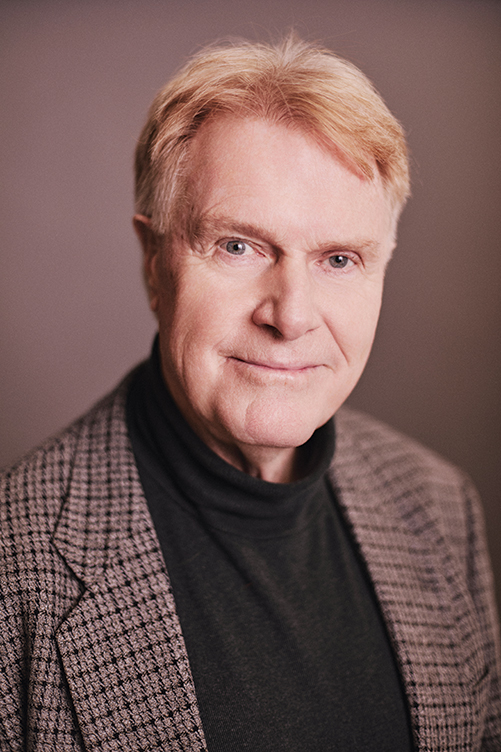It was the spring of 1983, and Gregg, like the rest of his Oilers teammates, was shaving off his playoff beard. His was red and, by his own admission, truly awful.
The Oilers had just been swept in the Stanley Cup final by the New York Islanders. Despite having the likes of Wayne Gretzky, Mark Messier and Paul Coffey on the roster — all shoo-in Hall of Famers — the Oilers were badly outplayed by an Islanders team who won their fourth championship in a row.
“Every team has to endure failure in order to understand success,” he says. “Our failure was in 1983, when a better team beat us four games to nothing. As we were all shaving our beards off, we were looking in the mirror saying, ‘How do we beat that team?’ And there was a pivotal moment where people said ‘I scored 92 goals, but that didn’t do it.’ ‘I looked at getting a good contract, that didn’t do it.’ We realized we needed to work as team. We just had our butts handed to us. And then next season, defence was supported by wingers and centremen coming back into our zone. We became five-men units on the ice.”
And from that loss came what the NHL itself calls the greatest team of the century.
“It’s the same thing with the Riverhawks. If we get just 200 people to a game, we have to ask, how do we change? How can we do better? And that’s another thing I’ve found in medicine — every day I learn something, because every day I meet new people.”
At 68, Gregg is still practicing medicine. He and his wife, Kathy, a former Olympic speed skater (the couple met at the ’80 Olympics), have four kids and 12 grandchildren. They were all in attendance when he was placed on the Oilers’ Hall of Fame in October of 2024 — “some even in diapers.” Every year, the Dr. Randy Gregg Award goes to the Canadian university hockey player who excels not only on the ice, but in the classroom and in the community.
But, Gregg has no plans to relax.
“People say to me, ‘when are you going to retire?’ And I say that I don’t even have a job — I’m a doctor. And, every day, there’s the challenge of seeing a new knee, or a new shoulder. I’ve probably seen them a thousand times, but each time it’s a new person. Maybe it’s an immigrant from Sudan, or maybe it’s a Ukrainian refugee, or maybe it’s a fellow from downtown Edmonton. But as long as you focus on challenges that will make the community better, maybe one patient at a time, maybe one baseball team at a time, maybe one charity at a time, then you get to sleep pretty well at night.
